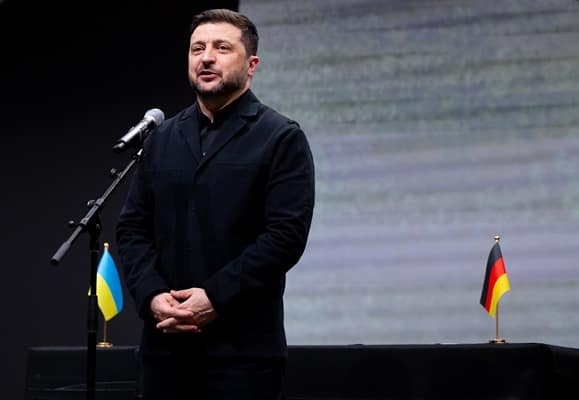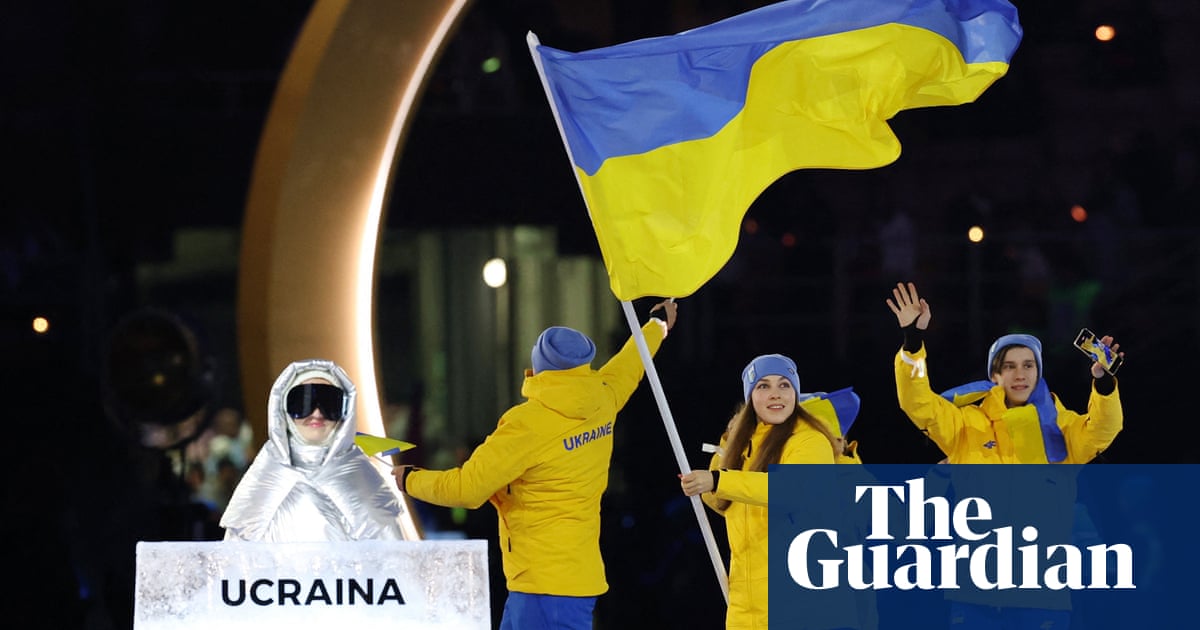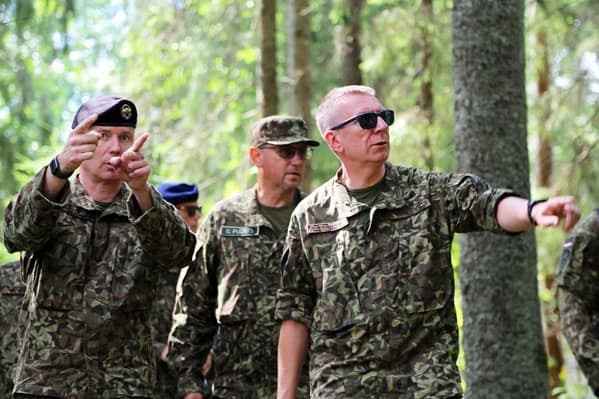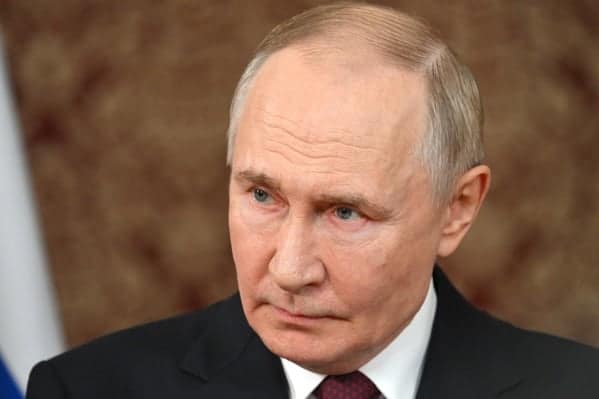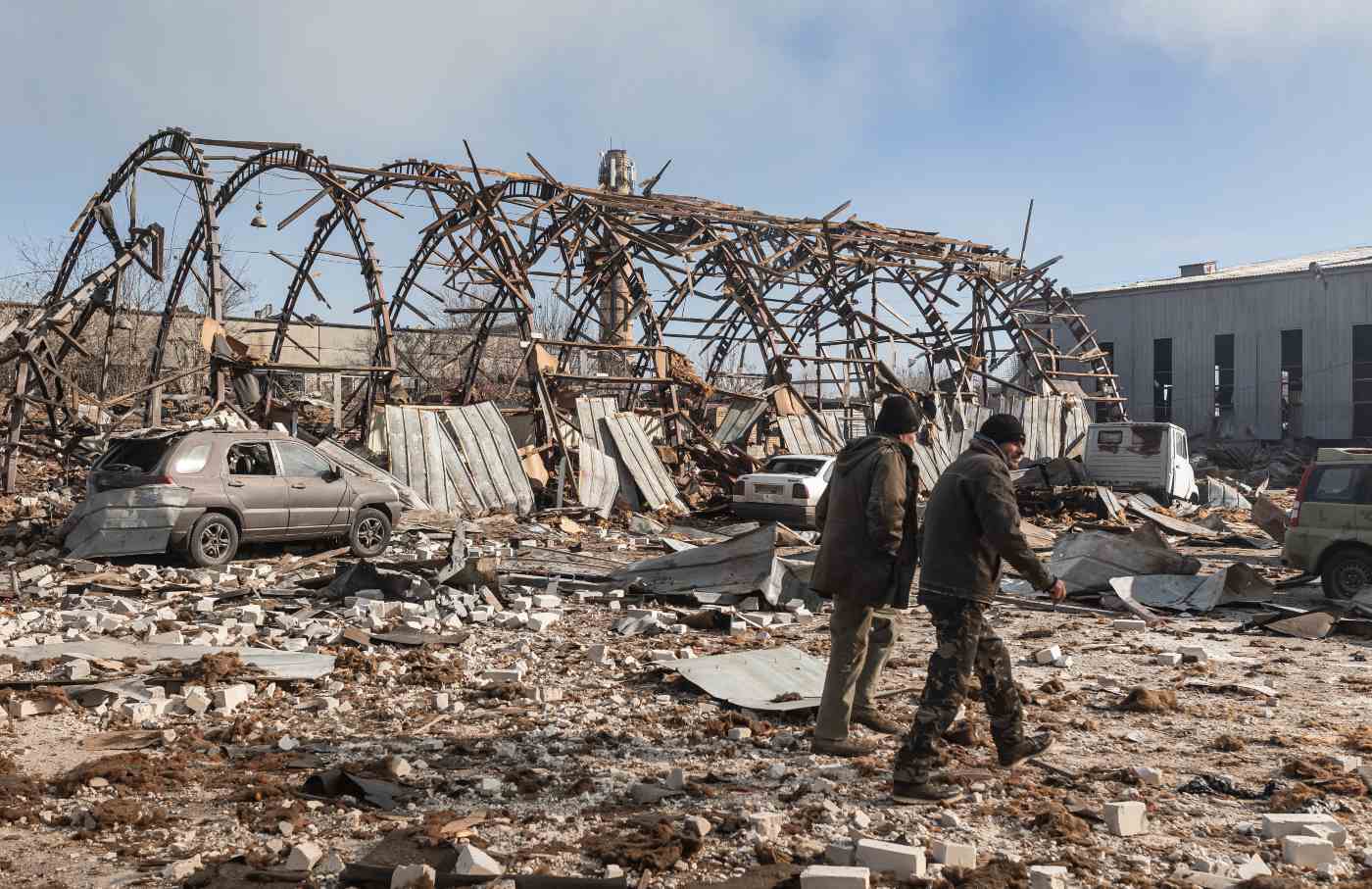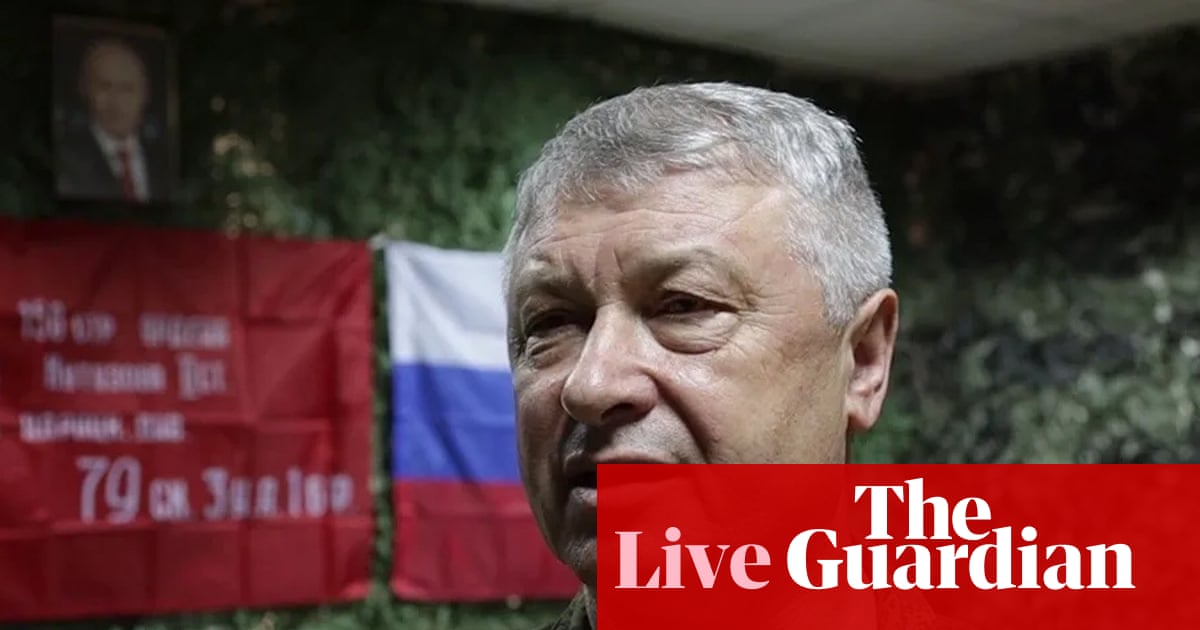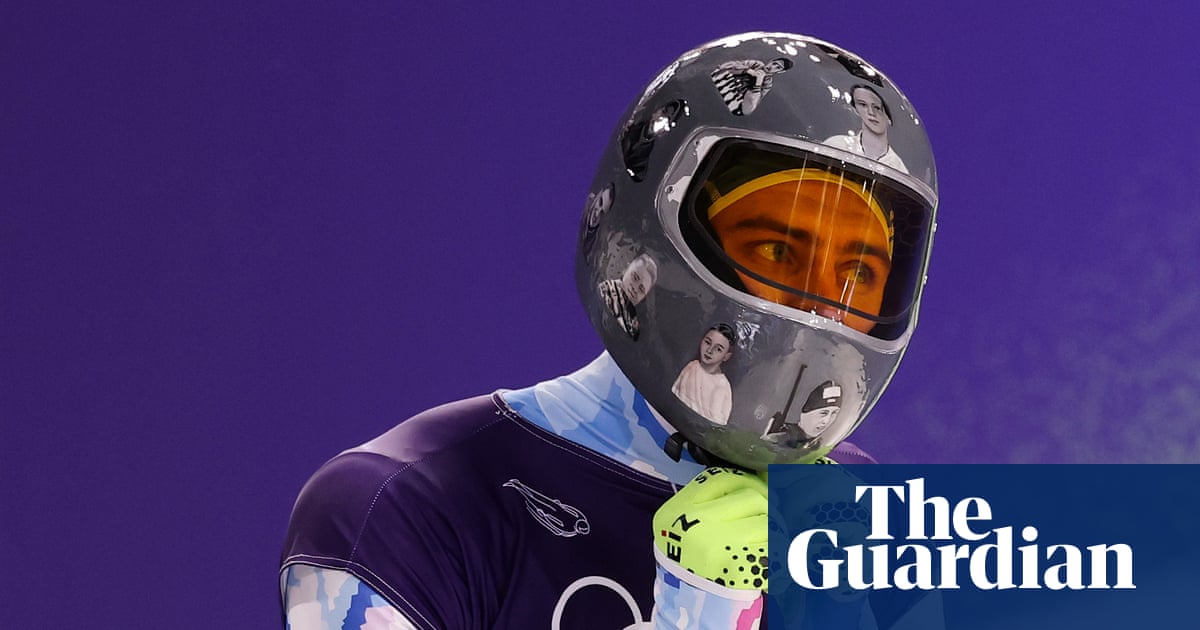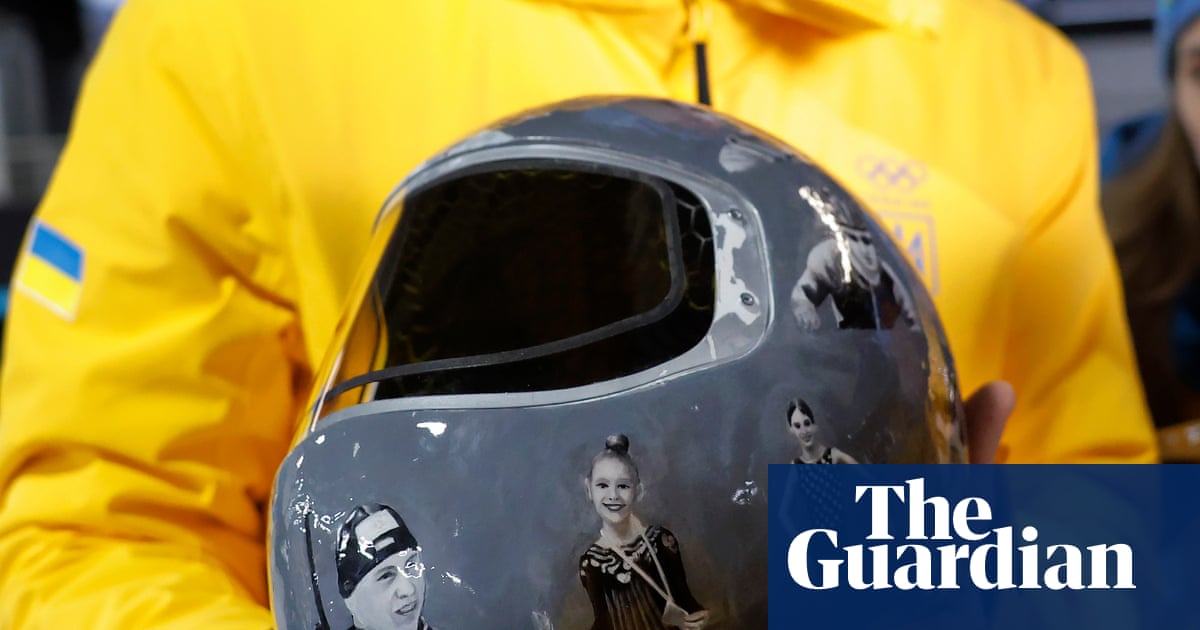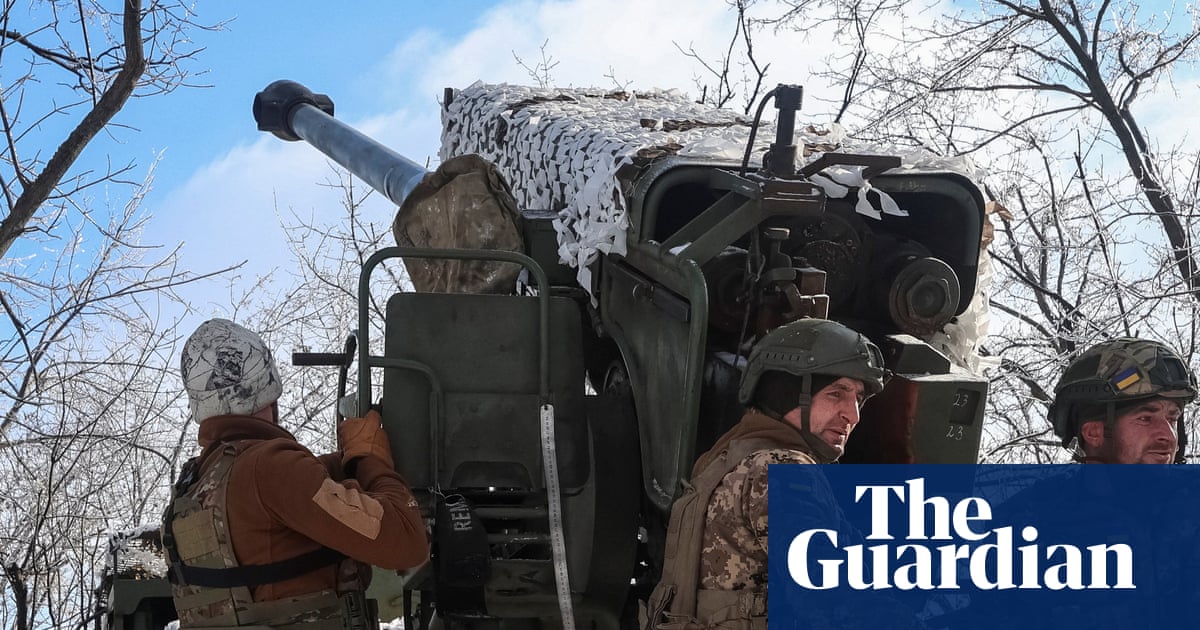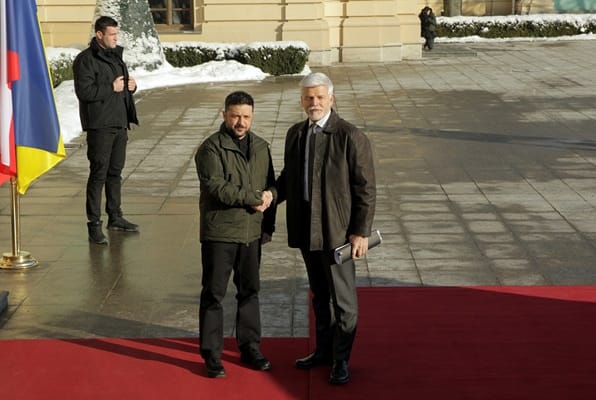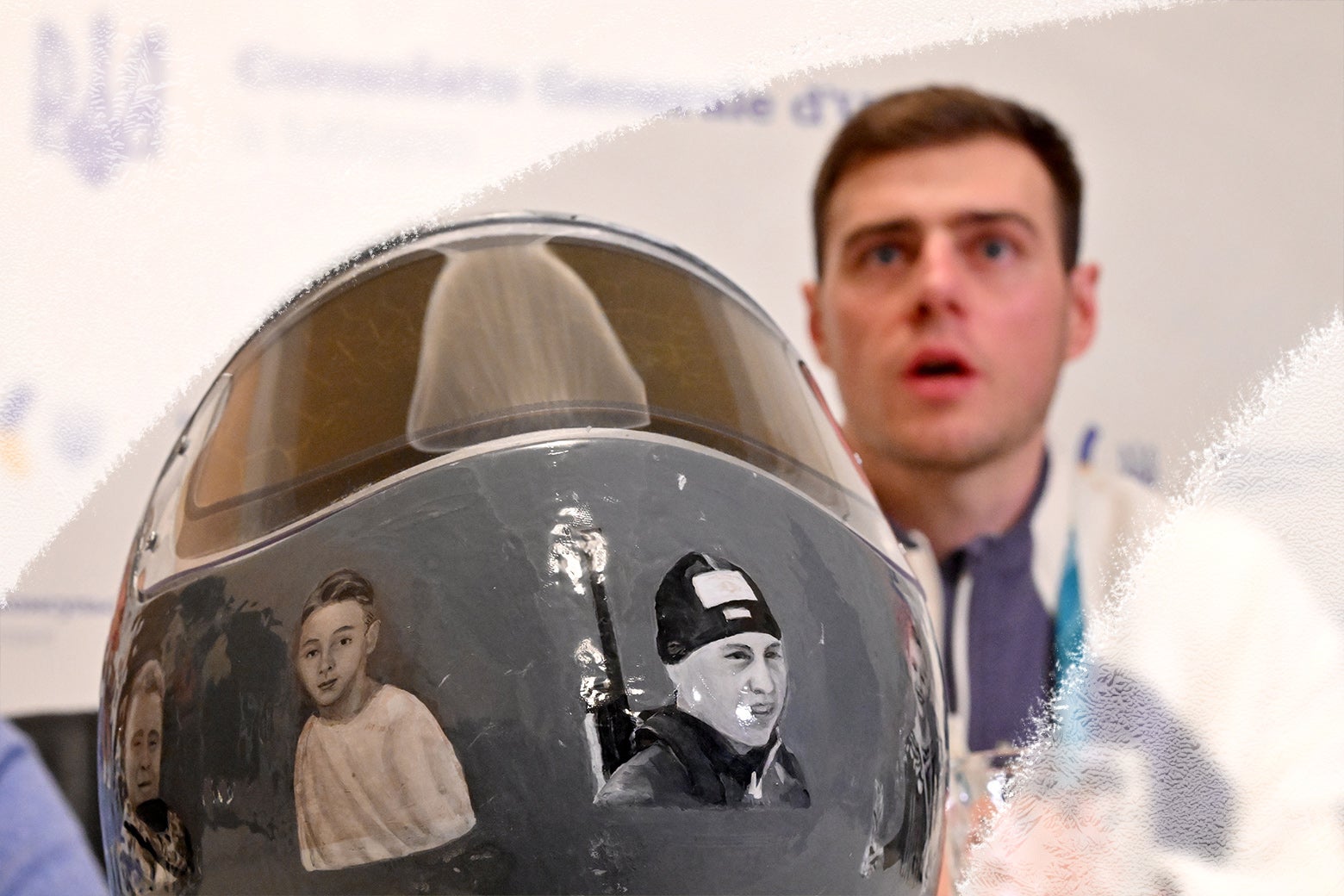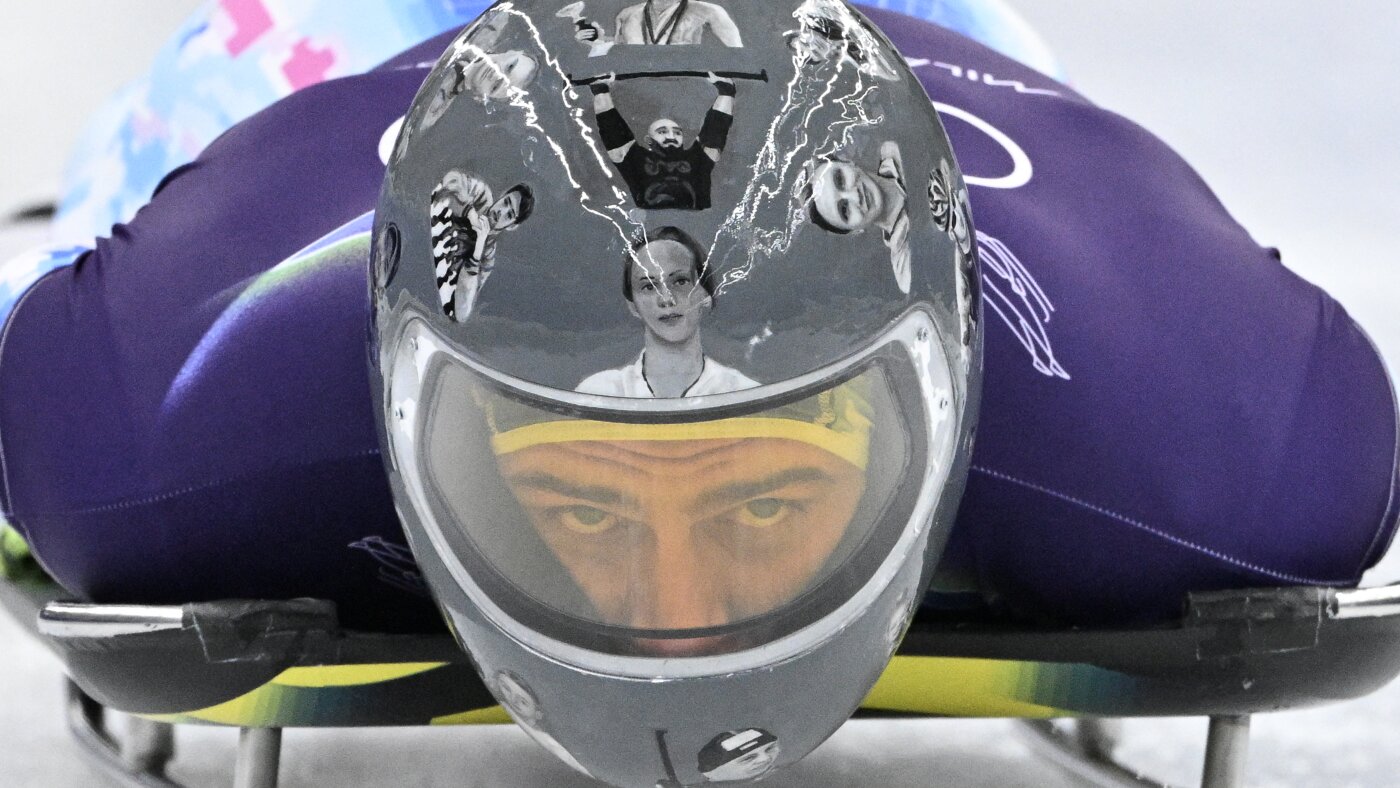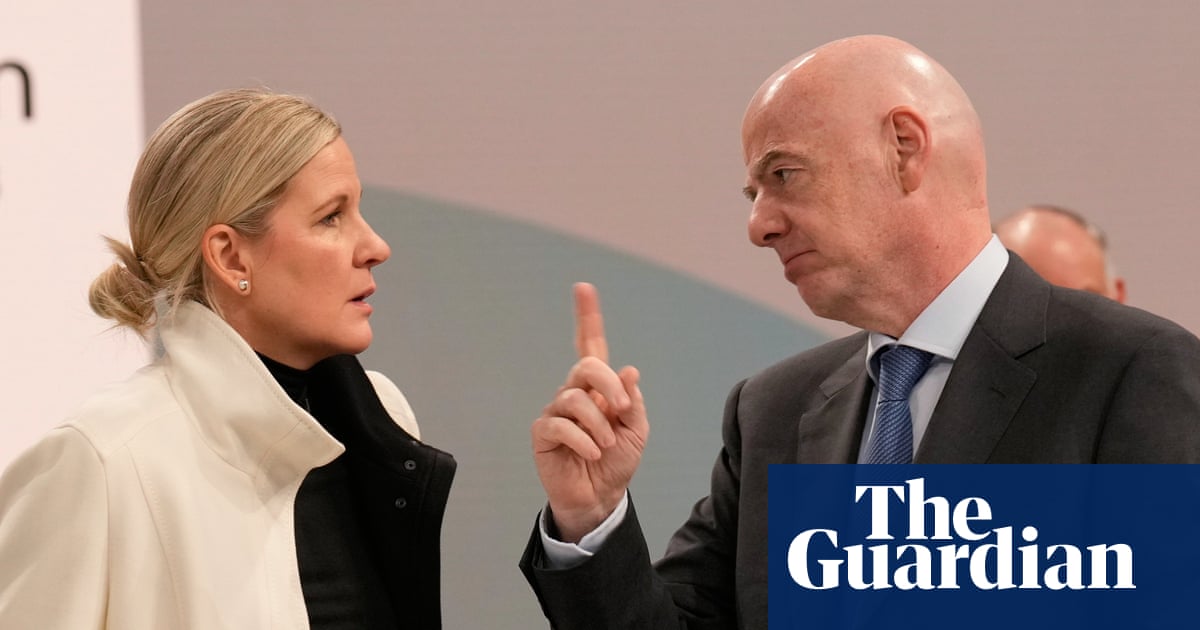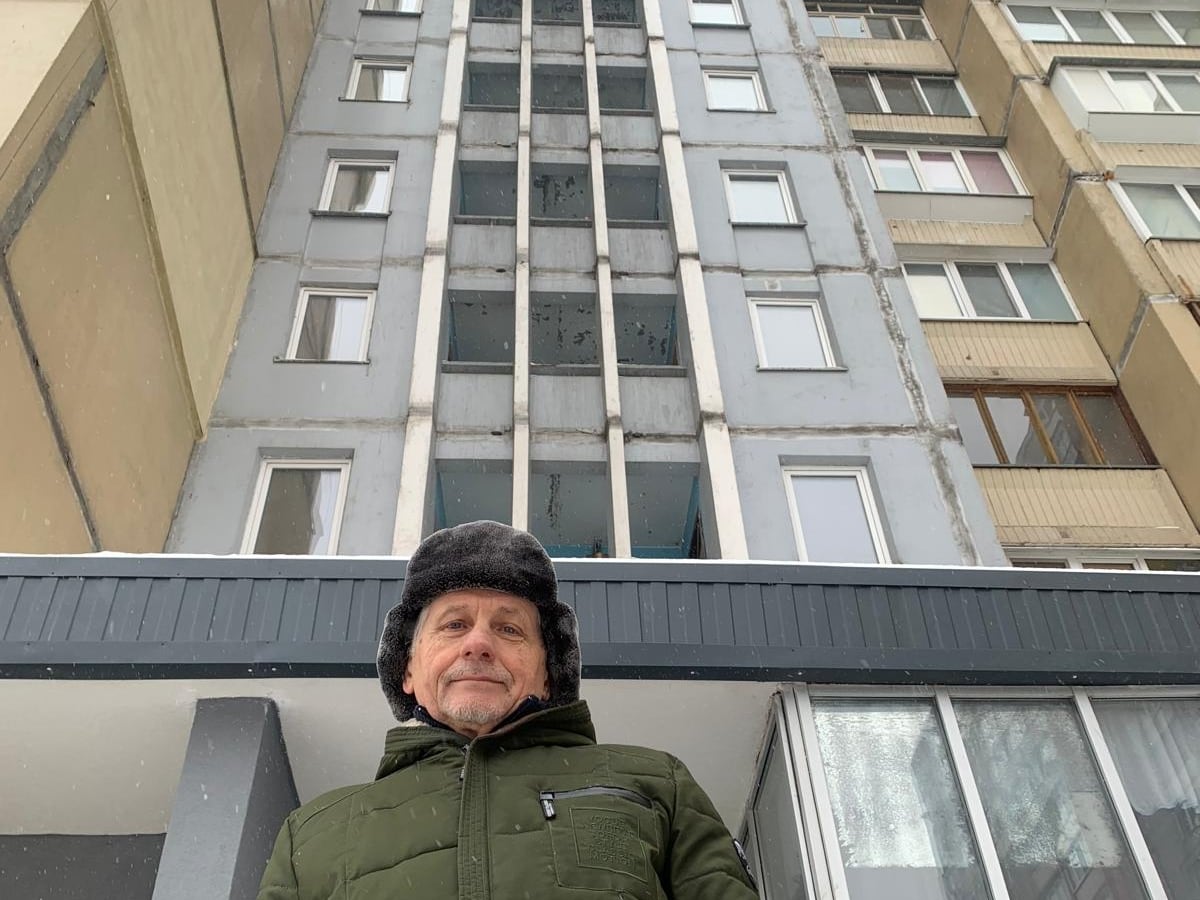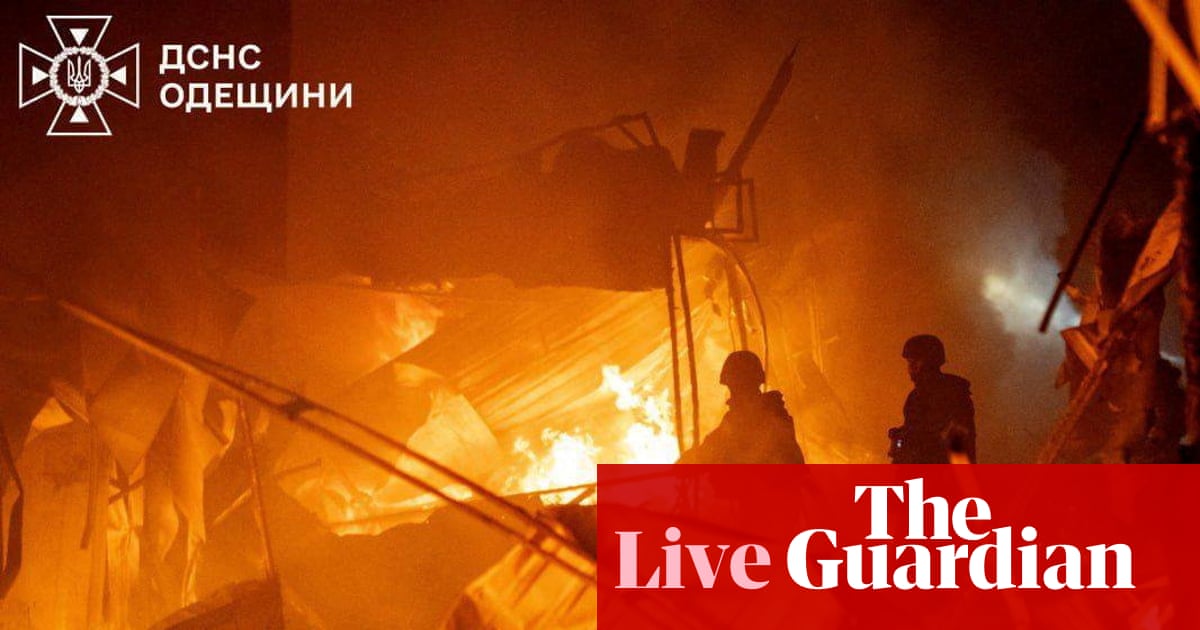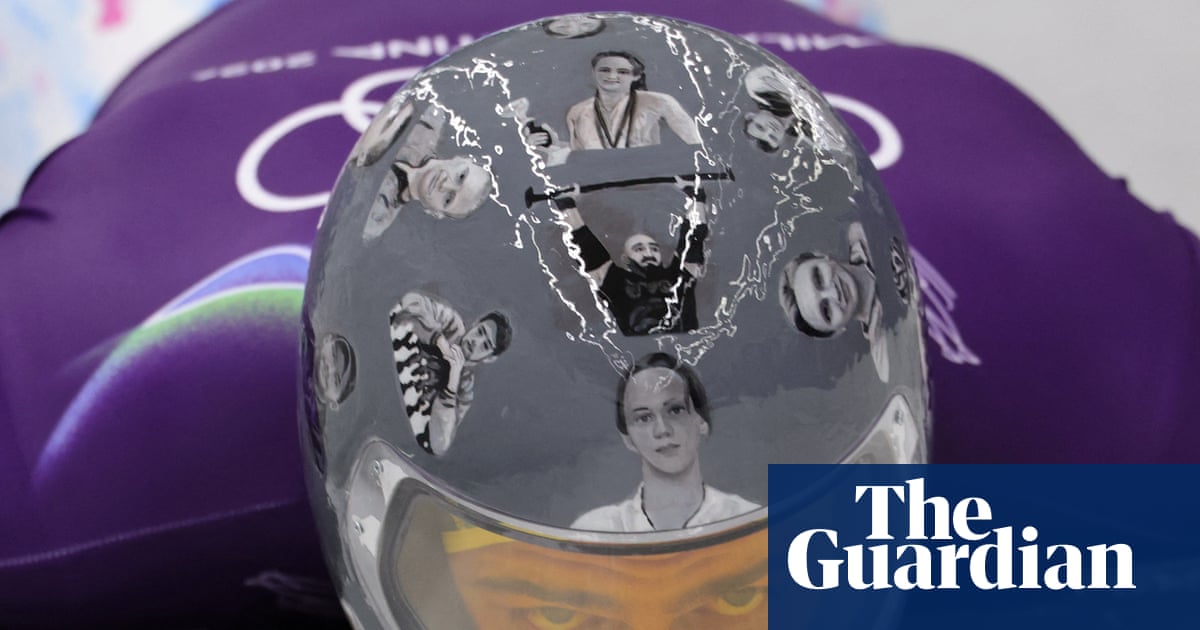fromLondon Business News | Londonlovesbusiness.com
2 weeks agoF-16 frontline rumours US pilots fighting in Ukraine, and is Tom Cruise leading the fight? - London Business News | Londonlovesbusiness.com
Claims that elite Western F-16 pilots are secretly patrolling Ukraine's skies have sent shockwaves through defence circles - but Kyiv insists it's all Ukrainian pilots in action, and no, Tom Cruise is not starring as Maverick over the skies of Ukraine.
Reports from French outlet Intelligence Online suggested a top-secret international squadron of US and Dutch veterans was deployed on temporary contracts to intercept Russian drones and missiles using advanced Lockheed Martin targeting pods.
But Air Force spokesperson Yurii Ihnat hit back, calling the reports "just rumours" from a source of dubious reputation.




